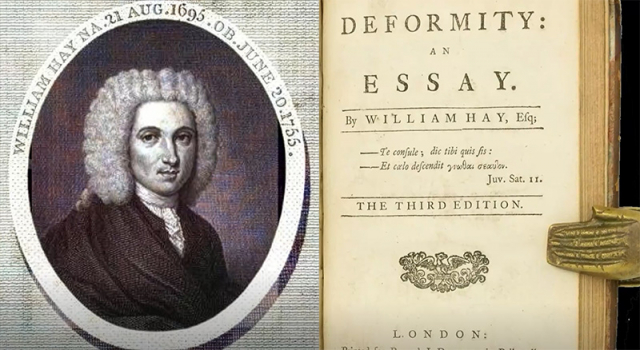Disability History Month 2025
20 November–20 December 2025

Disability History Month
From mid-November until mid-December it is Disability History Month (20 November–20 December). It might seem odd to have the ‘month’ straddling two months rather than being one single calendar month, but actually it makes rather good symbolic sense. It starts a few days after Remembrance Day and goes into December, finishing in mid-Advent, and the timings are rather apt. Following the First World War, according to a number of sources including the 1921 census, over 2 million men were registered disabled as a result of the conflict. Their disability told another story of war that has been slightly lost over the years when the physical presence of those disabilities has disappeared, with only the memorials to those who never came back leaving a legacy in most towns.
Yet that huge presence of the disabled former servicemen in Britain’s communities and on the streets, with the new charities created for them, highlighted the extremely poor and shabby way people with disabilities from birth or through injury had been treated for centuries. Frequently locked away, either intentionally or through lack of resources to enable them to get around in an able-bodied world, the life of a person with a physical disability was often extremely limited. The aftermath of the two World Wars highlighted that treatment, and while it didn’t change it overnight it certainly challenged it and began to introduce a greater awareness of what is needed to include all people into society regardless of physical ability.
Of course, not all disability is physical, with other forms of mental or non-visible disability also having been forever part of society and also overlooked. These again have more attention drawn to them following a conflict and the return of veterans.
Finally, why stop in mid-December? Historically many alms houses and religious associations opened up their charity to the poor and the disabled in the winter months – not exactly a positive message of recognition but an historical one at least.
Despite the poor and inadequate treatment that many of those with disabilities have received in the past (and present), they have also been valuable members of our communities, participants in society and contributors to our shared stories. The language around disability has sometimes changed, and the concentration on certain types of historical study for many may have intentionally or simply ignorantly erased them; but scholars now are re-examining the sources of our social structures and are revealing the people of the past with all their physical and non-visible disabilities.
All this makes Disability History Month, for its planning and for its needs, an important 31 days. If history is the recording and telling of all human past, then it needs to include all that humans are – and Disability History Month is a way to highlight that fact.
To ensure that the history that we cover is broad, we have been talking to scholars who are researching and presenting a more inclusive history. As part of our Power and Freedom in Britain and Ireland series we have created a film with academic Dr Declan Kavanagh who is an academic at Kent University. The film ‘Disability in Britain and Ireland – 1714 to 1785’ (linked below) explores the reality of life for those with a disability at that time.

